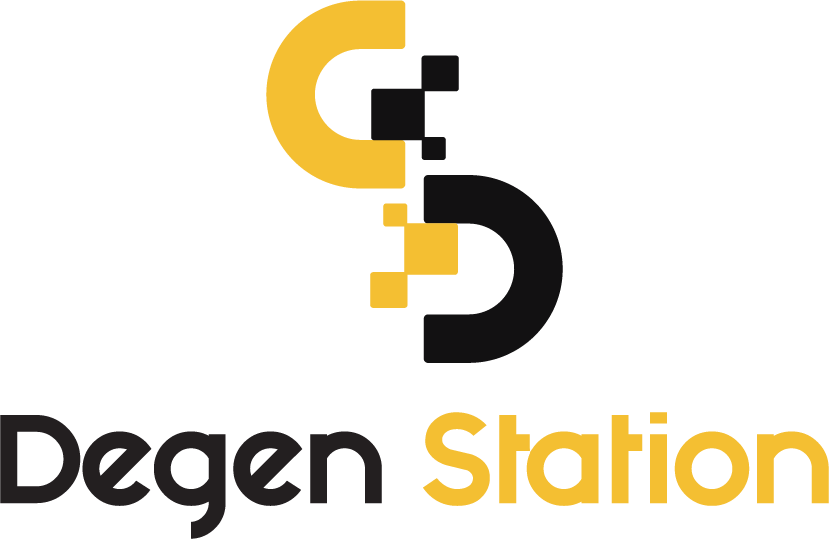Polygon Plans Hard Fork to Address Gas Fee Surge

Polygon developers have proposed a network hard fork, named Delhi, scheduled for January 17, aimed at tackling the recent surge in gas fees and blockchain issues.

Update on January 18, 2023:
On January 17, the Polygon team successfully executed the Delhi hard fork to address the sudden spike in gas fees and mitigate potential blockchain disruptions.
The Polygon PoS network has been upgraded 👏👏👏
— Polygon | Aggregated (@0xPolygon) January 17, 2023
To learn more about the upgrade, check out 👇https://t.co/RaBWDjEGrI pic.twitter.com/WiDOdJWzaK
Original Post:
Polygon Labs, the development team behind the Polygon blockchain, has proposed a hard fork called Delhi on January 17. The goal of this upgrade is to address the high gas fees on Polygon and enhance network security.
The upgrade will pave the way for Polygon’s future plans, including the integration of additional sidechains and the implementation of zkEVM solutions.
📢 GET READY FOR THE HARDFORK 🔥
— Polygon | Aggregated (@0xPolygon) January 12, 2023
The proposed hardfork for the #Polygon PoS chain will make key upgrades to the network on Jan 17th.
This is good news for devs & users -- & will make for better UX.
You will NOT need to do anything differently. Details:https://t.co/RaBWDjEGrI pic.twitter.com/nipa15YQdZ
Specifically, developers aim to prevent “reorg” incidents, where blocks on the blockchain become unsynchronized and two different versions appear simultaneously due to nodes failing to reach consensus at the same time.
To address this, the hard fork will implement a change that reduces the block data consensus time from 128 seconds to 32 seconds, lowering the risk of reorg occurrences.
Additionally, Polygon developers seek to resolve the issue of sudden gas fee spikes on the network. To do this, they will adjust the “BaseFeeChangeDenominator” parameter from 16 to 8. The BaseFeeChangeDenominator determines the volatility of the base fee for a transaction, so by reducing it, Polygon aims to mitigate unexpected gas fee surges during peak times.

Average Gas Fee Volatility on Polygon from Early 2022 to Present. Source: Polygonscan
The Delhi hard fork proposal is currently under community discussion, and if approved, it will be implemented on January 17.





